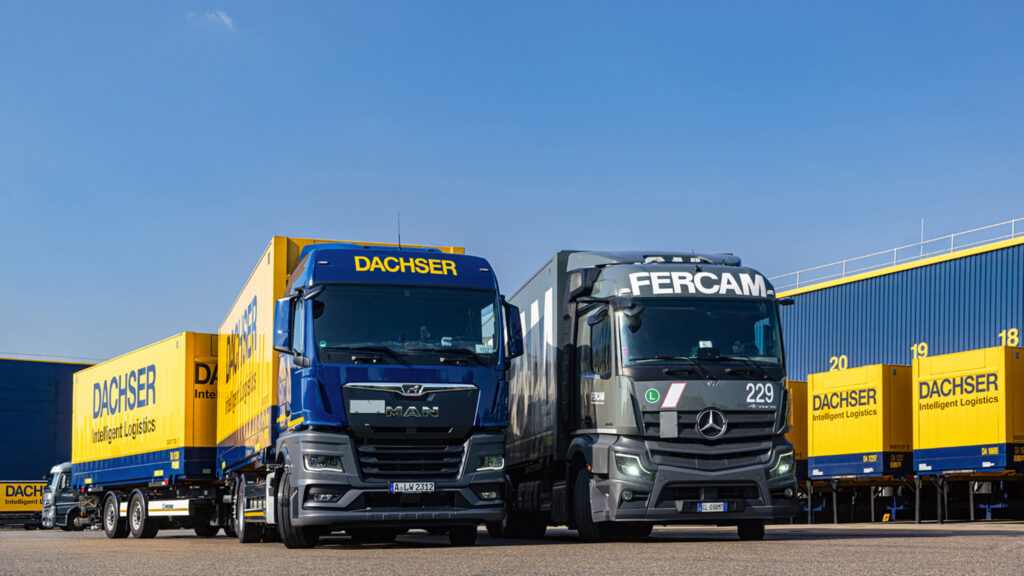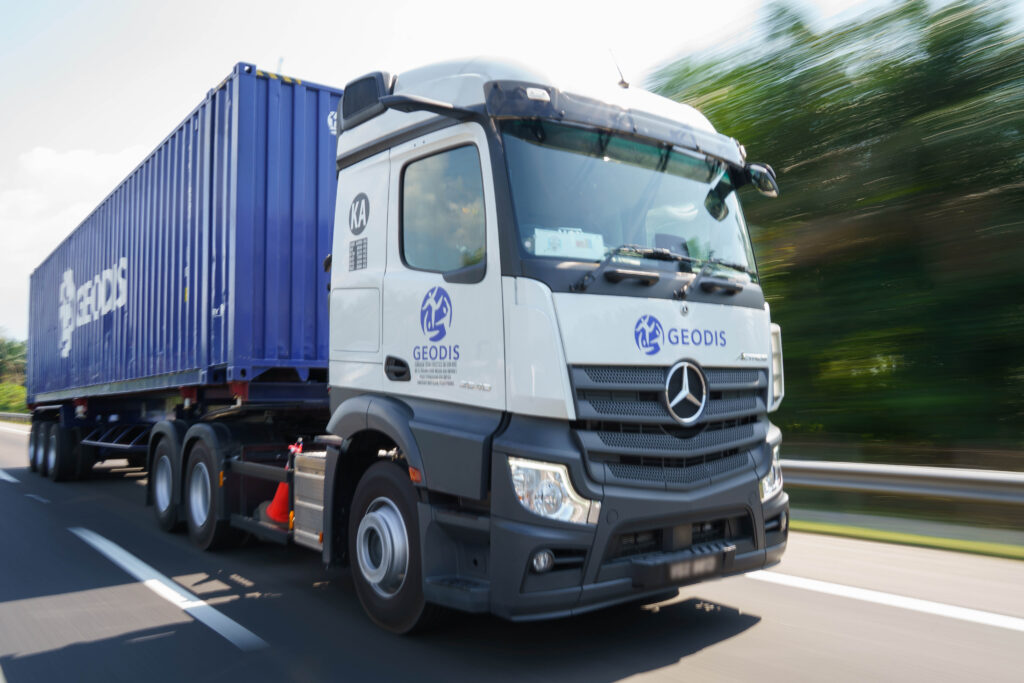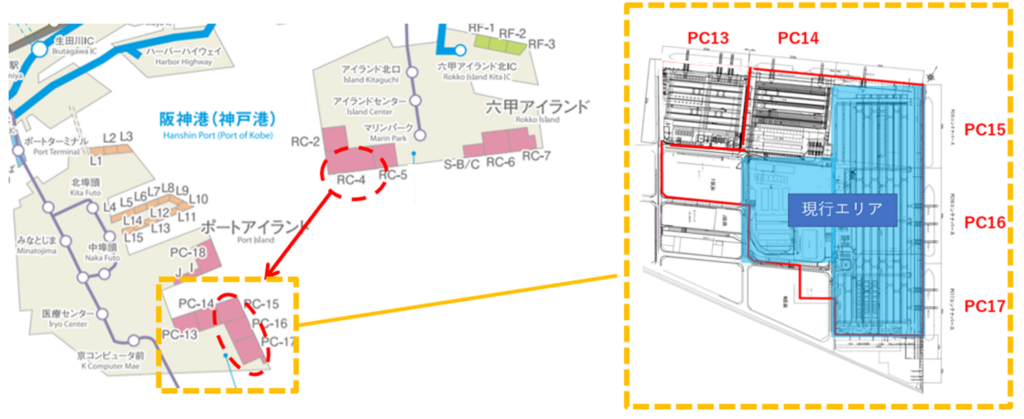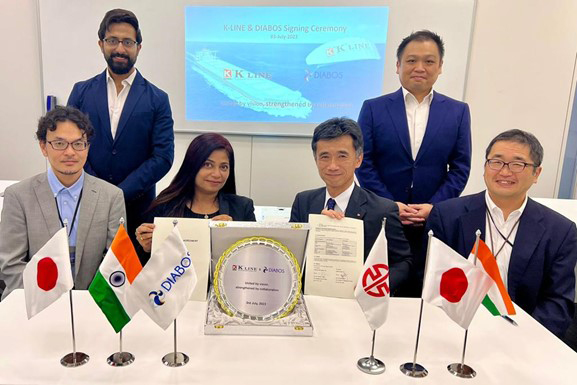Kawasaki Kisen Kaisha, Ltd. (“K” LINE) is pleased to announce that in Japan it has today started using AIplicity Chat Powered by ChatGPT API (hereinafter “AIplicity Chat”) provided by Japan Business Systems, Inc. across “K” LINE offices in Japan.
It is an AI chat service based on the Azure OpenAI Service which Microsoft offers on its Azure cloud.
“K” LINE has been proactively assessing the various latest technologies to provide superior services in the rapidly-changing business environment. In this, it has studied ways to use ChatGPT. It has decided to quickly introduce this service for several purposes including the streamlining of employees’ operations, encouraging the utilization of technology, supporting the implementation of duties in a secure and reassuring environment and piquing employees’ curiosity and their spirit of trying new things.
To prevent data leaks, AIplicity Chat is designed in consideration of security. For example, it does not make secondary use of the information entered. It stores the information exchanged on an internal network of offices in Japan in the Azure tenant. “K” LINE has prepared guidelines for the use of generative AI and made them accessible across the company to make its personnel aware of the risks involved in inputting and outputting data and to draw their attention to these risks. In the future, it will discuss the utilization of AI from different perspectives and test the service itself to continually upgrade AIplicity Chat.
At “K” LINE, digitalization and efforts to actively use data and digital technologies are underway with a view toward laying a solid business foundation for the realization of the business strategy in the medium-term management plan announced in May 2022*¹. Through this digitalization, “K” LINE will continue to enhance its business processes and support its core values of safety, environmental conservation and quality to achieve continuous growth and increase its corporate value.
References
*¹Medium-term Management Plan (announced May 9, 2022)
https://www.kline.co.jp/en/ir/management/strategy.html
(Reference)
DX Strategy 2023 (announced on December 22, 2022)










